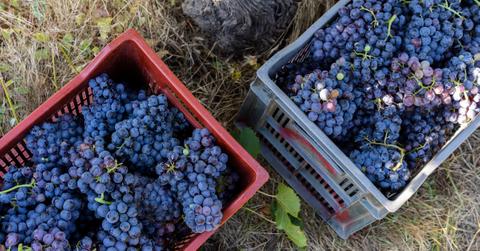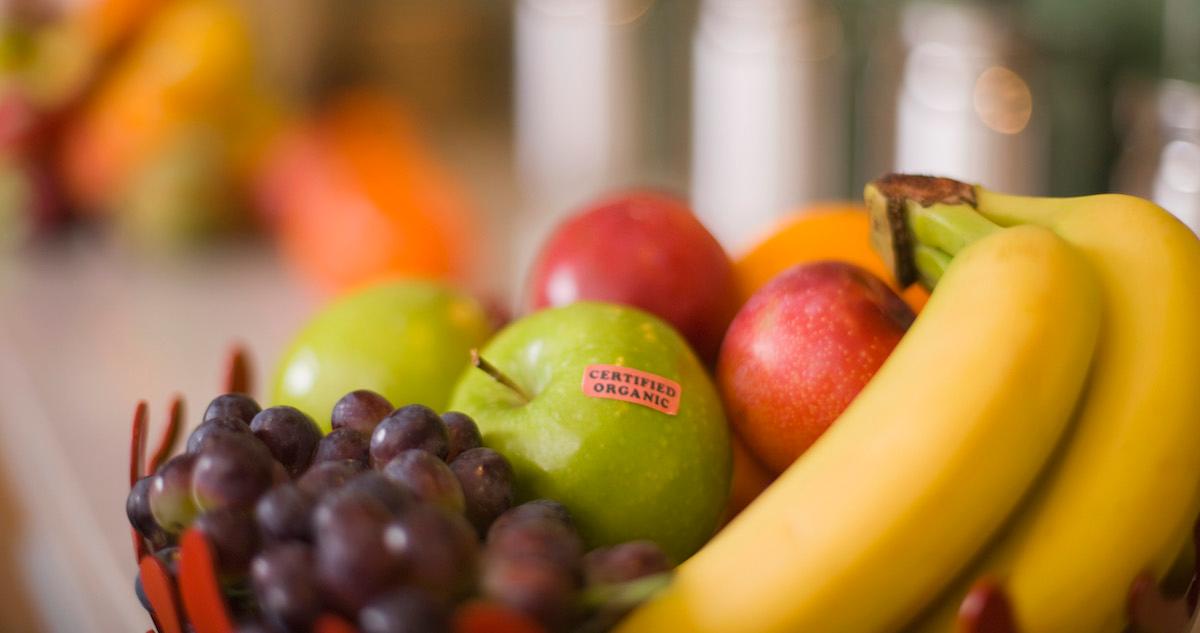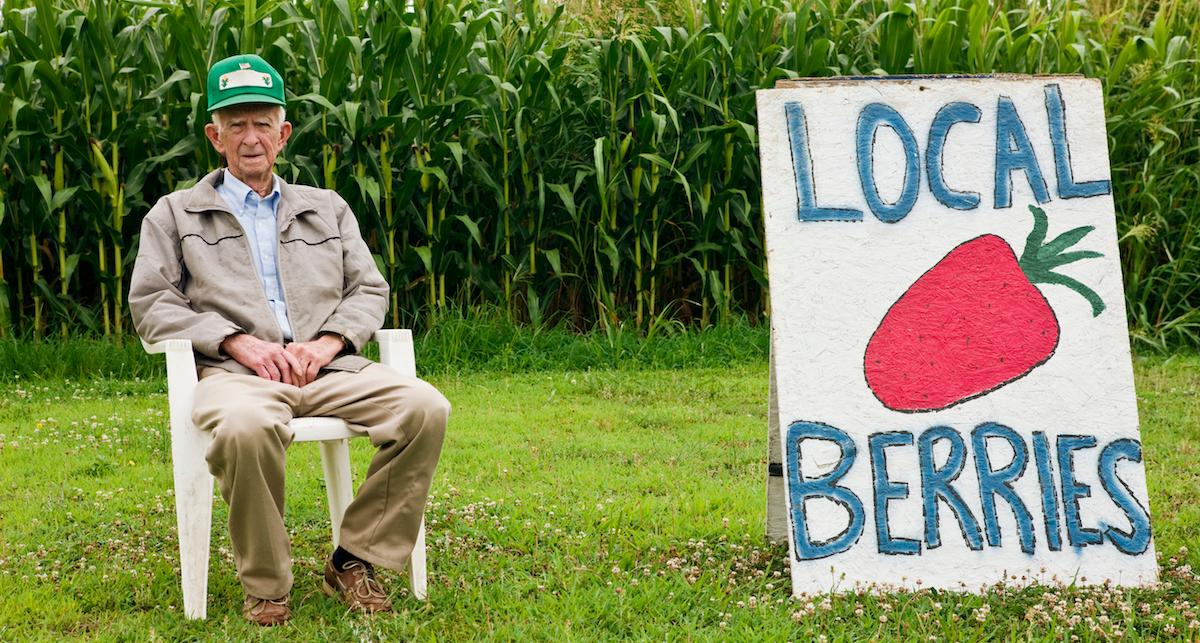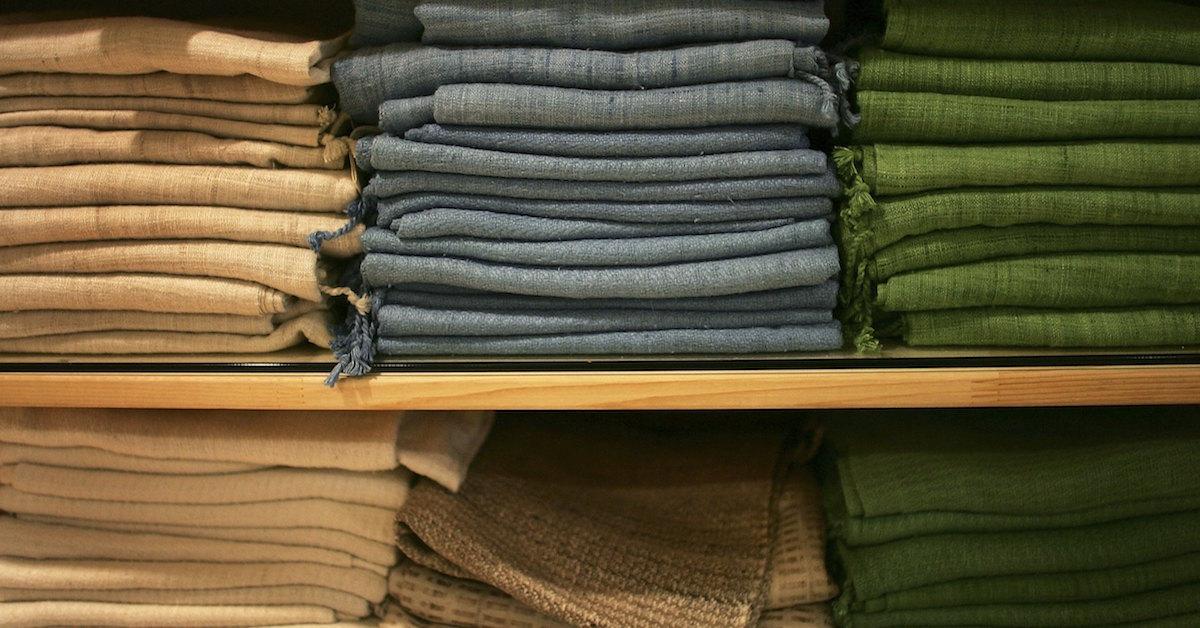The Cost of Environmentalism: Why Sustainable Products Are More Expensive
Published Aug. 27 2021, 12:50 p.m. ET

If you shop sustainably, then you’re likely aware of the premium cost that many sustainable products carry. Some folks can justify the cost by understanding why those products warrant such a high price tag, but for many of us, the extra cost just means that they might opt for the cheaper, less sustainable option. But are sustainable products more expensive for a reason, or is this simply a matter of perceived value at work?
Are sustainable products more expensive?
By and large, yes, sustainable products are more expensive than mainstream versions. There are several reasons for this and nearly all of them are logical and understandable. These include a lack of demand, quality raw materials, or fair and equitable business practices. Of course, there are other factors at work, including a degree of self-sabotage.

Demand is low, but the prices are high.
It’s an odd thing about sustainable products: the demand for them is low. Despite the fact that most sustainable options are healthier, longer-lasting, and more eco-friendly than many conventional alternatives, they lack the street credit and popularity to catapult them into the mainstream zeitgeist. Low demand translates to a higher price.
According to Shopping with Good Intent, sustainable living is on the rise, but that demand has not yet reached a point where sustainable products are considered as eminently profitable as their more ubiquitous counterparts. It’s important to note, however, that by shopping sustainably, you are both reducing your environmental impact and increasing demand for that item.

It's not easy being green.
Sustainable products are more expensive to buy, because they are more difficult and often more expensive to create. A plastic fork is easy enough to mold, press, and sell en masse, but the same eco-friendly bamboo fork might take more time, resources, and polishing to create. According to The Sustainable Living Guide, eco-friendly companies do their best to be as sustainable in their business practices as they do in the products they create.
This translates into several different facets of the business. The means of production for the sustainable fork might involve renewable energy and might be packed in recycled or biodegradable packing. It also might involve paying workers a fair and equitable salary. All of those things cost more than the pollution, plastics, oppression, and petroleum that are probably used to make the other crate of forks.
All-natural fibers, cruelty-free compounds, and scientific advancement all cost money. In order to make things more sustainable, you must start with gathering or growing sustainable building blocks. Food is a good example of this. Sustainably grown crops don’t use the same chemicals or corner-cutting used by conventional growers. As a result, they often take longer to produce, harvest, and process.

These prices might be self-sabotaging.
Though there is sufficient justification for the added cost of sustainable products, the added price often creates a feeling of derision amongst consumers. Not only do sustainable products cost more than people are willing to pay, they also contain a perceived note of pretentiousness. According to Kearney, those prices could actually be lower and sustainable businesses would still be able to turn a profit. Instead, these products are marked-up to create an added, artificial degree of perceived value.
If that’s true, than sustainable companies are supposedly manufacturing the very idea of sustainability and selling it as an attached, albeit intangible premium. It also means that companies can get away with rethinking the prices and still make a profit. It’s an interesting theory, but it’s not entirely sound, mostly because there is ample proof that this value is less “perceived” than “real and quantifiable.”
Production markups are the result of the higher costs of labor, smaller crop yields, or increased production time. Certification markups come from paying for certification or documentation. In this case, documentation that certifies a product as organic or fair trade. Finally, there is the real cost that comes with the lack of demand and reduced economies of scale.

Ultimately, it appears that the added cost of sustainable products is as necessary as the products themselves. People should want more out of the products they buy and they should want them to be all-natural, eco-friendly, and sustainably sourced. Otherwise, they are just going to wind up creating more waste and pollution, neither of which are what our planet needs right now.